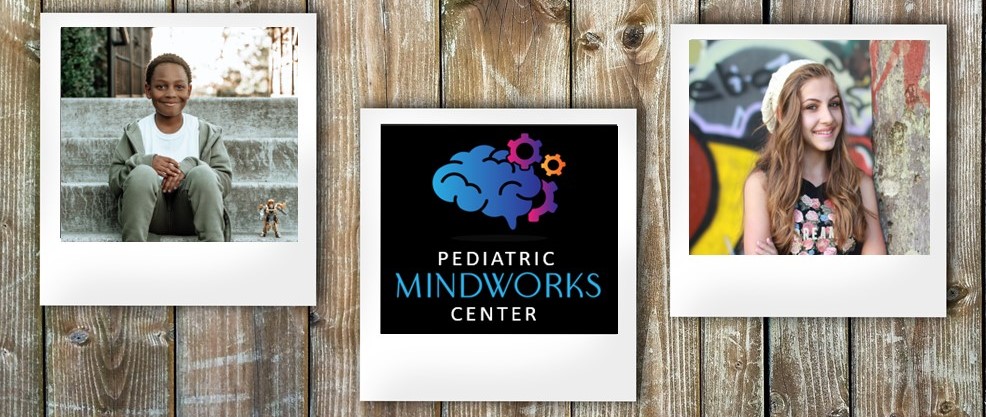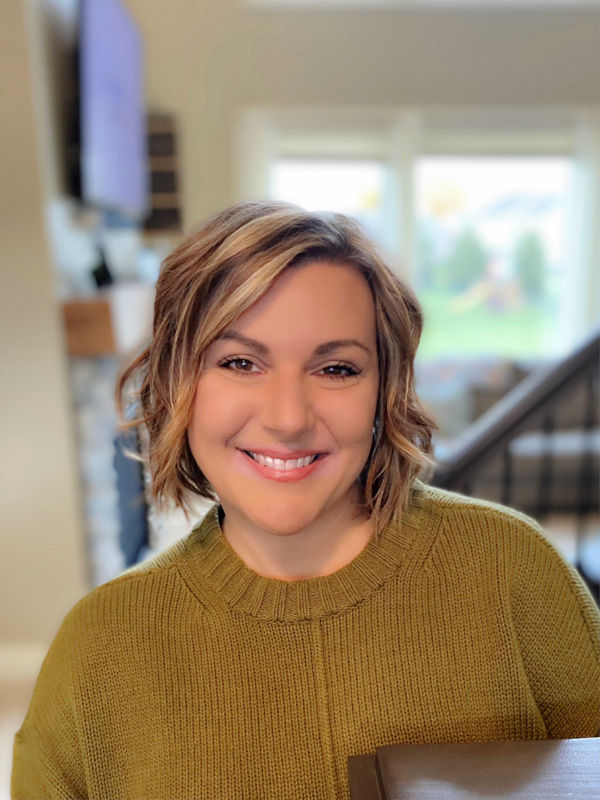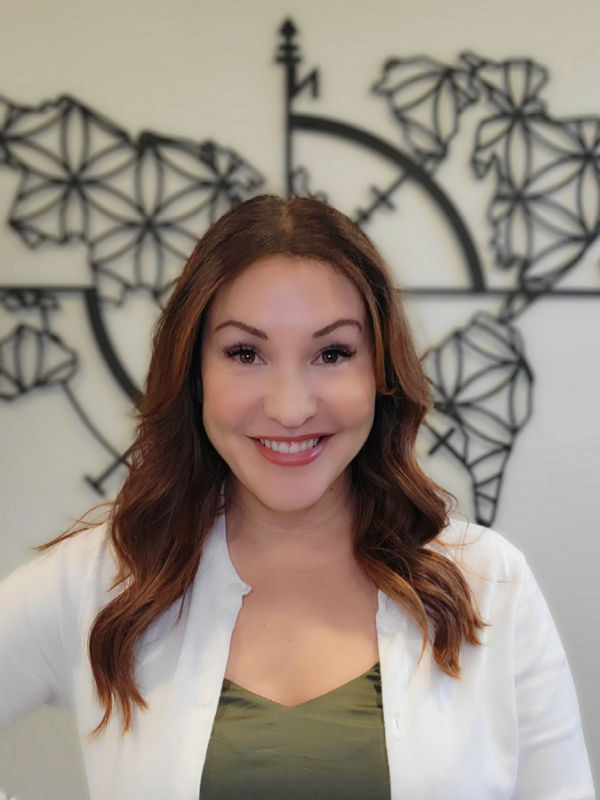A New Perspective on Neuropsychology
By Jennifer Maurer, PsyD & Christina Warholic, PsyD
December 2022

It's our first blog and we are excited to introduce ourselves and what we do! We are pediatric neuropsychologists and new to HRA Psychological Services. Now that we've got that out of the way, let us explain what in the world that means! Don't worry, some of our closest friends and family members still cannot describe what we do for a living. "She sees kids and writes reports" is about the closest we have heard to a good answer from them. We don't have an MRI machine and we won't do any kind of neuroimaging. We are not psychiatrists and will not prescribe your child medication. Although we are licensed psychologists, we do not do therapy or counseling. So what good are we? Hopefully, we can tackle this in the first of a two-part introduction to neuropsychological testing and the Pediatric Mindworks Center at HRA.
So, we are a kind of testing psychologist with a specialization in the brain and behavior. Our work consists mostly of assessing children and teens for diagnostic clarity. The result of our work is a comprehensive report that lists a diagnosis (if there is one) and recommendations for success. The assessment process usually begins with a question posed by someone (a parent, teacher, pediatrician, counselor, etc.). We receive many referrals for "ADHD testing" "Autism testing" and "Anxiety testing", but it is not quite that simple. Your child does not come in and pass or fail an attention test. The outcome of any single test or rating form cannot stand on its own; rather, a carefully selected battery is what allows for a clear picture to emerge. The tests administered are incredibly useful data that can help drive recommendations about what the individual is capable of and how their brain might ‘compute information' best. Yet, the test data is not specifically ‘diagnostic.' It is a very complicated process which relies heavily on the neuropsychologist's clinical interpretation of test data in conjunction with the history of the child or teen sitting in front of them. With all that in mind, we want to talk about redefining these assessments and offer a different conceptualization.
We have all seen the online quizzes and TikTok videos. Many of us have probably questioned any number of conditions for ourselves. Truth be told, the symptoms, traits, or characteristics found in ADHD, Autism, and other conditions are quite common. Yet, it is the number of and intensity of those traits that can cross a line and interfere with our "success" in various environments. This is when we might consider examining things a bit more closely, maybe even seek out an assessment. That's where we come in to assist with what we call ‘differential diagnosis.' Your question to me may be "Does my child have ADHD?" While we will certainly ask about ADHD symptoms, you will also notice that we ask about many other things. The idea is to rule-out other possibilities that can overlap. You may be able to check-off many of the ADHD boxes online or with a paper from your pediatrician resulting in a diagnosis; but this runs the risk of missing a great deal. Many people are surprised to hear that just because their child struggles to focus, this is not an immediate ADHD concern. Anxiety, depression, learning challenges, poor sleep, some medications, and life stressors also have a profound impact on attention. Poor attention is just the tip of the iceberg essentially, requiring a deep dive underneath. So, it is important to ask a series of questions, even those that may seem a bit off topic (e.g., Does your child get car sick? What is he like after school?).
Perhaps most importantly, you will find us wanting to know lot about how your child succeeds. When are they at their best? What do they love to do? Tell us about their attributes. Share a favorite story about your child. What are their dreams and wishes for the future? Understanding how a child prefers to engage and interact with the world around them tells us so much more than any behavior checklist that focuses on their struggles. For this reason, Pediatric Mindworks takes a strengths-based approach to thinking about assessment. Of course, we will learn more about those barriers to success and the struggles that your child experiences. But what good would that do if we cannot also speak to how their brain is resilient, creative, and unique?
Your child may be neurodivergent which refers to having brain differences resulting in strengths and challenges that are unique to their brain functioning but characteristically different from the majority, or those that do not have the same brain differences (termed ‘neurotypical'). If you take a moment to Google ‘neurodivergence', you will find an ever-growing amount of information about this movement that seeks to advocate for and empower those that have brain differences. Advocates are helping neurodivergent children and teens find comfort in a world that is structured for the neurotypical person. They are not out to make them fit into a neurotypical mold that is uncomfortable and harmful. While the world at large is rather slow to change, it is with hope that psychologists and other helping professionals can be a powerful voice for the neurodiverse. Merging these principles with neuropsychological assessment is a good place to start. Sure, we still need to ‘color within the lines' and make diagnoses based on the criteria listed in the leading manuals (e.g., DSM-5-TR), but that does not mean that we need to guide treatment in a way that tries to make this child or teen just like everyone else. We seek to embrace these differences and advocate for the needs of the child or teen to thrive while maintaining the unique individual they are. That is the overarching goal of the Pediatric Mindworks Center.
We seek to embrace these differences and advocate for the needs of the child or teen to thrive while maintaining the unique individual they are.
That is where we will leave off for now and invite you to read next month's blog when we explore neurodivergence a bit further and talk about what this means for assessment, especially as it pertains to the Autistic community.
About the Authors

Jennifer Maurer, PsyD

Christina Warholic, PsyD
Dr. Maurer and Dr. Warholic co-founded the Pediatric Mindworks Center at HRA and offer assessment of children and teens. They've been rated as Top Care Providers by Grand Rapids Kids for the past three years and have served the West Michigan community for over ten years.
